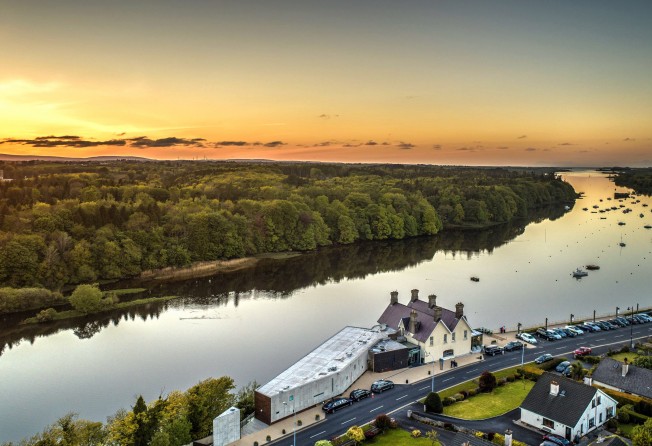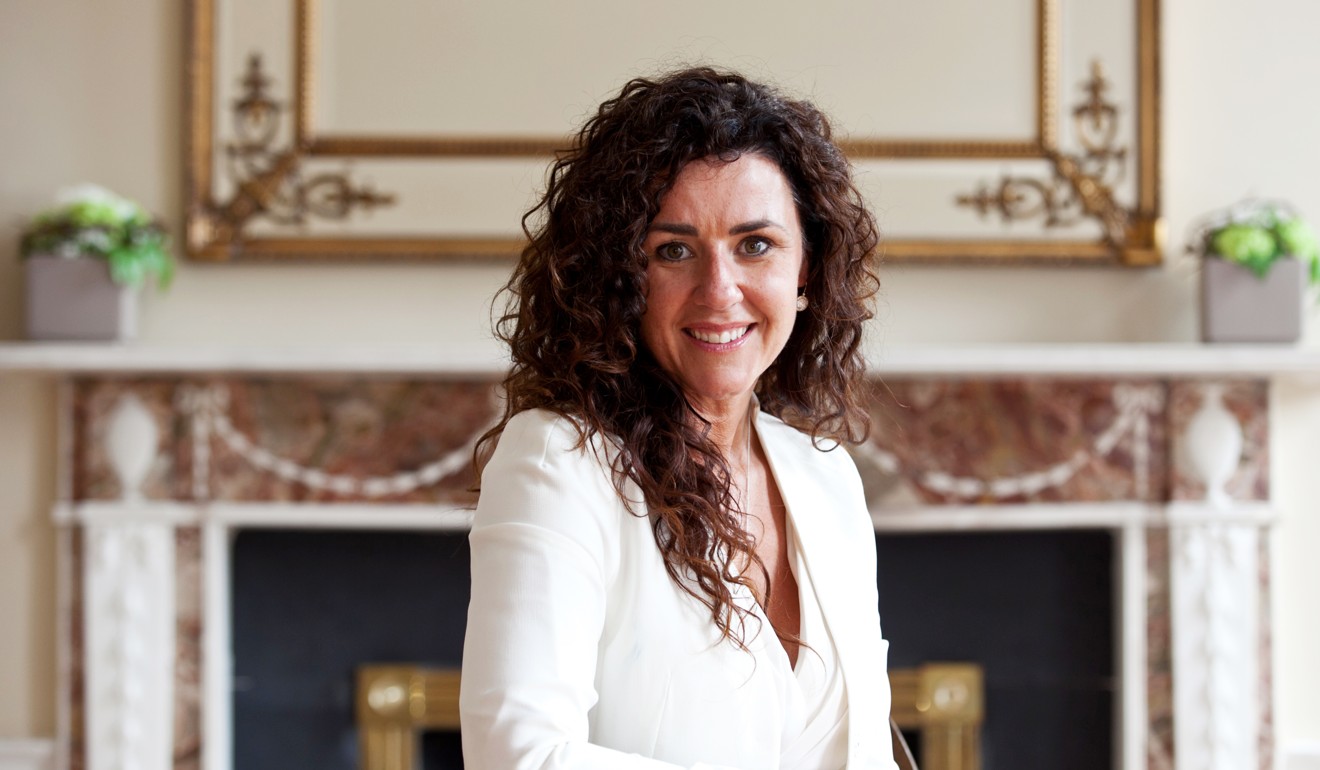Irish fund offering residency on the ‘Emerald isle’ for €1 million sees surge in interest from wealthy Hongkongers looking to escape civil unrest
- An Irish fund is offering rich Hongkongers a way to gain permanent residency by investing €1 million in family-run hotels near Dublin
- Interest has quadrupled in recent months as Hong Kong has been ravaged by political turmoil, according to the fund’s chief executive

With Hong Kong still mired in a political crisis that has upended the economy and frequently turned the streets into battlefields, more and more people who can afford it have been looking for refuge overseas.
European countries such as Spain and Portugal have emerged as popular choices for those with the means to activate a “plan B”.
Now an Irish fund is offering wealthy Hongkongers a way to gain permanent residency on the “Emerald Isle” – by investing €1 million (US$1.1 million) in family-run hotels outside the capital, Dublin.
Executives of the Irish Diaspora Loan Fund (IDLF) have regularly travelled to Hong Kong from Dublin in the last six months as interest among Hongkongers in Ireland’s Immigrant Investor Programme (IIP) has quadrupled.
“There is a huge interest from Hong Kong, and it’s growing,” said Joanna Murphy, IDLF chief executive officer. “[In the last six months] I have been here four times, and my colleague’s also been here too so we travel a lot.”
The interest among Hongkongers to secure the right to live, work and study in another country is not a new trend. But with the city reeling under the weight of its worst political crisis, more have been looking for a back-up plan that will allow them to leave in a hurry should they wish to.
This rising demand from Hongkongers has prompted property agents from countries like Portugal and Spain to regularly hold investment seminars in Hong Kong to sell real estate that will qualify buyers for permanent residency in those countries.
“It’s because of how people are feeling here, how families are feeling right now at this moment in Hong Kong and they want an option,” said Murphy.
“Many of them are planning, they’re all thinking about their children’s education, they’re all thinking about the future. They want to future-proof themselves and they want somewhere safe.”
To qualify as an immigrant under the IIP, Dublin offers four options – a €500,000 donation to a public project, a €1 million enterprise investment, a €1 million investment in an approved fund, and a €2 million investment in any real estate investment trust listed on the Irish Stock Exchange.
The programme was established in 2012 to allow wealthy individuals and families from outside the European Union to obtain residency in Ireland in exchange for making an approved investment in the Irish economy. In 2019, it received more than 420 applications “with a growing percentage of those now coming from Hong Kong.”
“The IDLF is the very first to try to construct a mutualised fund that would be pretty low risk and a safe option to help promote the Irish government’s IIP and we were the first to be approved by the [Department of Justice]. We were the first to be approved by the Central Bank of Ireland too, so we’re both regulated by the central bank and the DOJ,” Murphy said.

Under the IIP, a client files an application with the Irish government before they are allowed to invest. Dublin only accepts applications five times a year and the vetting process usually takes six months.
Besides the mandatory investment, Dublin’s other criteria are that the applicant has not been convicted of a crime, and has a minimum net worth of €2 million.
IDLF is investing in the Irish tourism sector, particularly in “profitable, family-run hotels outside of Dublin.”
The fund is banking on the country’s growing tourism sector to ensure that after five years their clients get their money back, though without interest.
In 2025, international visitors to Ireland are expected to hit 13.7 million, a 54 per cent rise from 8.9 million in 2017, while revenues are expected to grow 65 per cent to €8.1 billion.
Murphy said IDLF manages €50 million worth of assets, and that by the end of the year, it will have invested in about 10 hotels.
One investment IDLF has now is the Waterford Castle Hotel & Golf Resort, a 19-room castle on a 10-acre private island, that has an occupancy rate of 92 per cent.
“Ireland wants Hong Kong families,” Murphy said. “In Ireland, Hongkongers can feel safe, it’s an inclusive society, it’s diverse, it’s multicultural and it’s secular.”